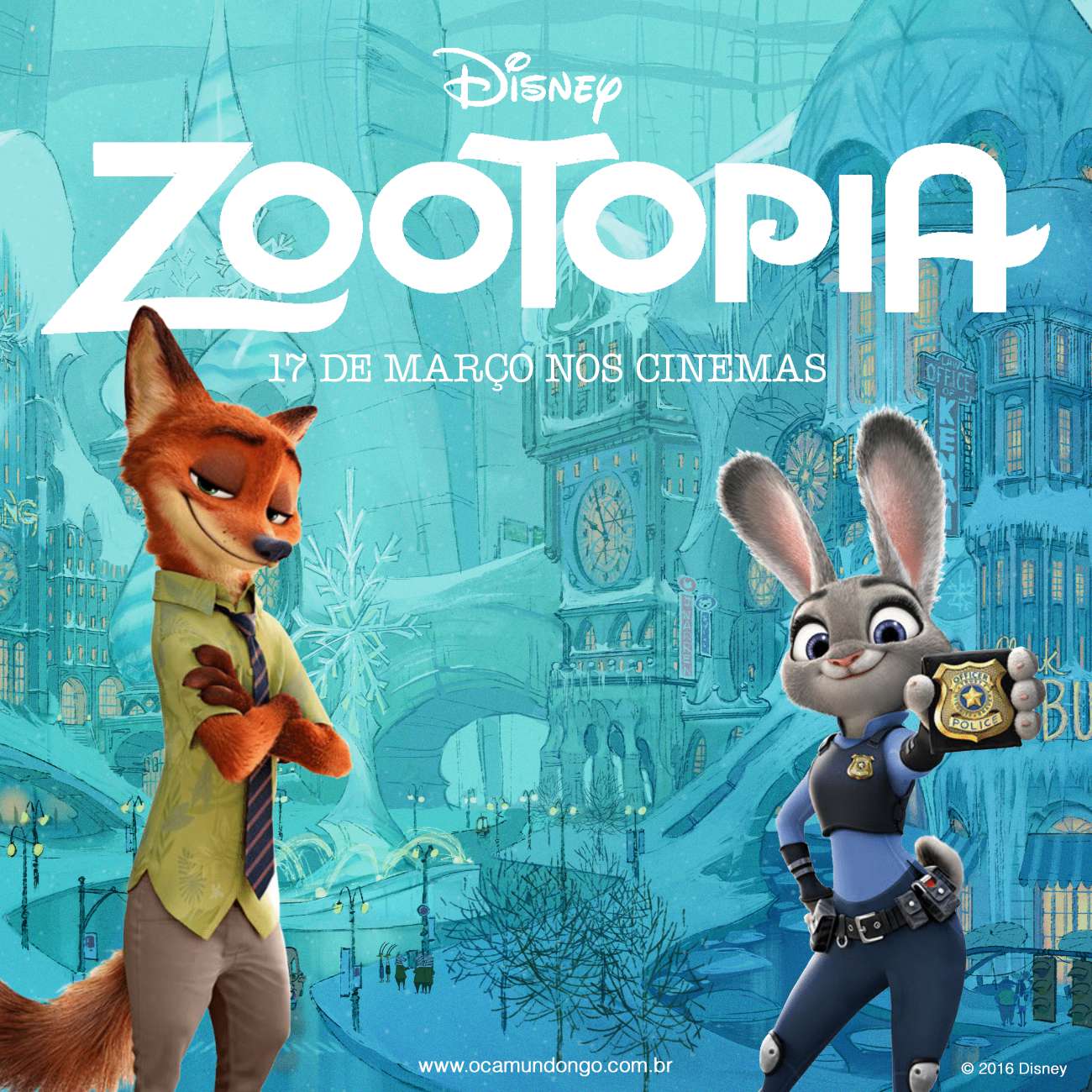

Disney’s latest animated feature film, “Zootopia,” aims for depth and meaning and succeeds. However, by contradicting its own message at times, it doesn’t quite reach the status of animated titans like “Toy Story,” “Wall-E” or “Inside Out.”
“Zootopia” takes place in a world where animals have civilized themselves. Like humans, they deal with many of the problems of society: crime, bureaucratic backlog and prejudice. The protagonist, Judy Hopps, is a courageous rabbit from rural Bunnyburrow who has always dreamed of working as a cop in the big city of Zootopia. After a lot of determination and hard work, she realizes this dream and moves to Zootopia with a goal of making the world a better place. She quickly becomes overwhelmed by the harshness and indifference that she sees around her in the big city, and her moral fibers start to strain. Moreover, she is the first bunny cop in the history of Zootopia, and she has to battle against prejudiced co-workers and civilians who don’t take her seriously as an officer. But when she discovers that a concerning number of animals in Zootopia have gone missing, it becomes her task to find them. It takes the help of Nick Wilde, a cynical fox voiced by Jason Bateman, to bring her back into the fold and help her find these missing animals.
Prejudice and discrimination are central themes of the film. And while “Zootopia” attempts to show how prejudice affects everyone, it often uses instances of inequality for the sake of cheap laughs. In one scene, Judy needs to get a license plate number from the animal equivalent of the DMV — where only sloths are employed. Words cannot describe how slow they are. It is a funny idea that surely elicits many laughs, until one realizes the joke is based on a prejudiced generalization of all sloths. Moreover, all of the sloths shown in the DMV move at the same molasses pace, and thus, they all only seem to have one characteristic. This scene really stood out because the movie is about overcoming prejudice, yet the director chose to include jokes based on stereotypes.
Nevertheless, the core message remains mostly intact. For example, at one point in the film, Judy chastises another animal for calling her cute. She explains that, in the world of Zootopia, it is only appropriate for other rabbits to call each other cute and the term is socially off-limits for other animals. Lessons like this are not only for children in the audience — the rest of us would do well to follow them too.
And even if you don’t want to be hit over the head with a moral story, there is plenty of fun for adult audiences too — for example with “Breaking Bad” references like: “He’s the opposite of friendly — he’s unfriendly” (which, I swear comes off funnier in the movie).
“Zootopia” aims high, which is quite admirable. And besides some cheap jokes, it reaches its mark. Disney’s got another big success on its hands.